How to Focus When Your World Is Catching Fire
By now, everyone has seen the headlines about the wildfires ravaging the western United States, the 5 million acres burned, lives lost and countless displaced. While my Oregon community is not presently fighting any local wildfire, the risk level has never been higher and the air quality outside my window is holding at dangerous levels. These are the disastrous consequences of neglected imbalance.
To be clear, my area of expertise is not firefighting, or climate science, or forest management or urban sprawl. I can, however, speak to how we humans tend to think and behave in the face of looming crises. As a coach, I help big-hearted professionals increase their capacity to do their best work. All my clients come to me because something is out of balance in their working lives, and often it has been that way for some time. Together, we identify their unproductive habits of thought and design personal practices that enable them to act authentically, meaningfully and quickly when change is needed. Each person’s journey out of imbalance is unique, yet some early obstacles are very common, because as humans...
We love to let time call the shots. We say, “It’ll work out when…” or “Just give it time…”
We convince ourselves that others’ must show up. “If [they] did their jobs the right way, we wouldn’t be in this mess.”
We tend to relieve ourselves of the burden of persistence, saying “But I tried…”
We surrender to complexity, saying “It’s pretty complicated and I’m just...me.”
I am here to remind you that even when you think you might lose everything, you are not helpless.
2020 has been a profoundly challenging year for a lot of people. When I think about personal challenges and change, I think about my calling as a Coach: to remind every single client that they are still resourceful and capable. Humans are builders and re-builders. We do not break easily. The extraordinary people of California, Oregon, and Washington who have been displaced by wildfires, and especially those fighting the front lines of these fires, know this to be true down to their bones.
So, I’ll say it again: You are not helpless.
Whenever I start working with a new coaching client, I listen to them talk about their job, their career goals, their ideal work, and it is virtually impossible for them to articulate a version that doesn’t include contingencies. This is because my clients are absurdly intelligent, high-achievers. They have been trained to think of all the scenarios, all the relationships, and all the constraints. They think about these things 24/7, and they have been rewarded time and time again for understanding complexity. As a result, they allow their intellectual brains to lead them.
Their brains - all of our brains! - are so habituated to patterns of thought that they can occasionally lead us to dead-ends, or what I like to call closed loops. To be clear, these loops are not “accidents.” They are not random. They are neurological pathways we’ve formed and reinforced by returning to the same stories and explanations over and over...and over. But it is these loops that also make it difficult for smart people to act boldly or move quickly. These loops hamper our ability to move forward as our whole selves: our bodies, our hearts, and our brains.
This may sound a little “soft” in the context of one’s career, but when the stakes are high, the environment of our body always knows. It activates and sometimes it ain’t pretty. As cortisol levels rise, our blood pressure also rises. We hold tension in our muscles, we struggle to focus, and we feel irritable. We experience fatigue and yet we struggle to rest. We stop looking into our partner’s eyes, and we turn our gaze to our devices. We stop moving or going outside because we take refuge inside our work, hoarding tasks and overlooking the things that are meaningful to us. For some this is a steady state. For others it is a cycle or behavioral loop they visit and revisit.
This week, Mother Nature is showing us what happens when imbalance is neglected. People up and down the West Coast have evacuated their homes, or are preparing to do so, looking at their lives and around their homes for what is most meaningful to them, in the event that they need to flee and one day rebuild.
So whether or not you live in the western United States, may this historic fire season be a reminder for all of us that the most important steps you can take are to Stop, Notice and Choose:
STOP - Just stop. Interrupt the loop you are in.
NOTICE - What does my body already know right now?
CHOOSE - What choice(s) will I be at peace with when this moment of crisis has passed?
From that meaning-full place, you will always move toward balance, be it in your career, your community, your household, or your relationships. Because time is not our ally. There aren’t enough saviors on standby. Trying once or twice is just the beginning of an effort. Sometimes complexity is just noise.
No one else can tell you how to change, nor should they. You must decide what truly matters to you, so that your brain can be your best ally and look for new data, new explanations, new stories, new escape routes, new ways to re-balance and rebuild.
This work is not easy, but it is possible, because you are still - and will always be - resourceful and capable.
Curious about coaching and what it's like to work with me? Schedule a free call to have all your questions answered and see if we'd be a good fit.
